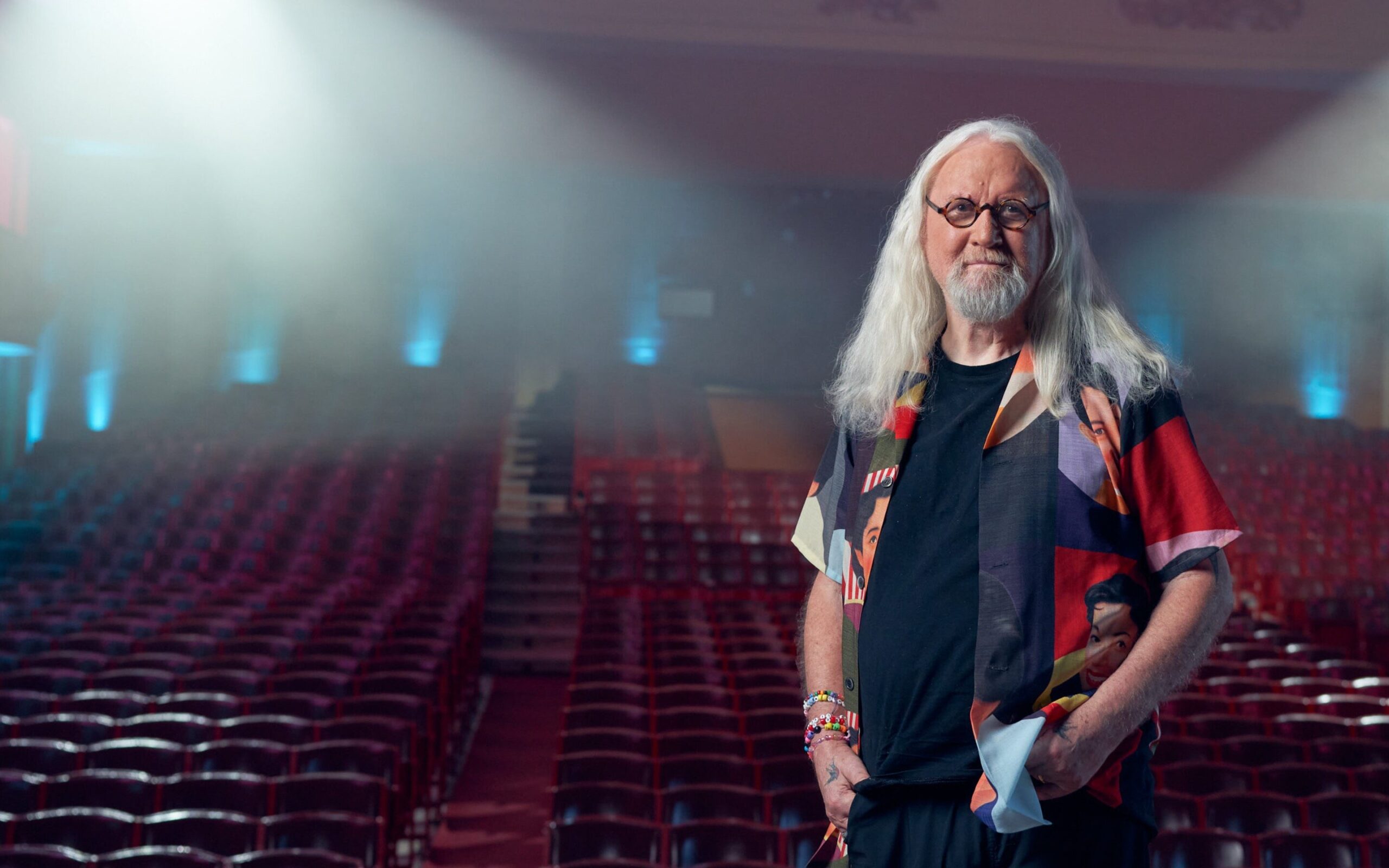
Many things make us laugh. It might be a witty line of wordplay or the sight of someone tripping over their own shoelace.
Whatever makes you laugh, there’s sure to be a type of humour that amuses you. There are plenty of different types of humour, so let’s take a look at some of the most well-known.
What is humour?
Humour is a universal human trait. It’s a powerful social tool, aiding people to forge or strengthen bonds with others.
When something amuses us, it triggers an emotional response and makes us smile or laugh. This has the power to lift our moods – which is why people of all ages and cultures find joy and relief in laughter. But what we find funny is down to personal taste, and this is where our own sense of humour comes in.

Different types of humour
There are many different types of humour. Let’s look at some of the most common…
Slapstick humour
This is a type of physical comedy. Usually, it focuses on exaggerated physical activities and absurd situations, sometimes with a hint of violence (both accidental and intentional). Think of Charlie Chaplin, Buster Keaton or Max Linder. All three are featured widely in the world of silent films or mime, with their slapstick routines.
The incidents that occur in classic slapstick are often a result of simple props that are misused. For example, it may be that a ladder falls on a passer-by, or a distracted character using a saw accidentally cuts the rope used to suspend a window washer. Then our main character is propelled into action with the impacted character. It’s common that a string of incidents then occur as the set or story evolves.
Although we may associate slapstick with Punch and Judy puppet shows, or those in the Chaplin realm, it also features in the more modern antics of Mr Bean portrayed by Rowan Atkinson. Actor Jim Carrey is also celebrated for his slapstick performances in the films The Mask, Ace Ventura and Dumb and Dumber and Kirsten Wiig’s film Bridemaids is packed with glorious moments of slapstick comedy.
Dark humour
Also referred to as black humour, dark humour is all about finding humour in topics of taboo, or those that are difficult to usually discuss. It can be those situations that make light of something morbid or serious. It provokes discomfort and contemplation, but also amusement, all of which can make it controversial.
Some of the themes of dark humour include violence, death, discrimination, sexism, and sexuality. Comedians Ricky Gervais, Sarah Silverman and Jimmy Carr are just some of today’s famous comedians who are known for using dark humour in their work. Scottish comedian Billy Connolly is also celebrated in the public realm for his craftful spins on taboo topics.
Observational humour
Observational humour is a type of comedy that involves making witty observations about relatable everyday situations and behaviours. Comedians who use it often draw attention to the absurdities of mundane experiences, such as going to the grocery store or navigating social interactions for example.
The humour often lies in the comedian’s ability to point out things that most people take for granted and to present them in a fresh and amusing way. It’s all about conveying the details of the situation in the right way, using the right language and delivering the punchline at the right time.
Many people enjoy observational humour because it addresses universal experiences we all share. We may have dealt with them personally, or at the very least, we can imagine experiencing them. If you’re a comedian, it’s a clever type of humour to play with when performing stand-up, as it can help build a connection with the audience pretty quickly.

Self-deprecating humour
Self-deprecating humour revolves around putting yourself down in return for laughs. Although it’s done so in a way that makes both comedian (or deliverer) and the audience feel positive rather than pitiful, which is why many enjoy it.
Masters of self-deprecators may belittle themselves or their actions or be excessively modest to earn a laugh from their audience. It makes them relatable for many, and likeable as a result. Comedian Joan Rivers is often celebrated as a comedian who championed mocking herself as part of her work.
Dry humour
Dry humour is usually delivered in a deliberately emotionless way. This is why you may also hear it being referred to as ‘deadpan’. It’s effective because its neutral delivery often contradicts the absurdity of the subject matter. Key characteristics of dry humour are irony, bluntness and a certain delivery that seems unintentional but is in fact not. The genre is pretty broad, so you’ll find similarities between dry humour with sarcasm, satire and wit too.
Actor and comedian Buster Keaton recognised that audiences responded far better to his straight-faced expression than when he smiled in his vaudeville days, which ended up carrying through his carrier in silent film. You can find dry humour running through a lot of British comedy too – with the likes of Jo Brand, Richard Ayoade and Sacha Baron Cohen recognised for some of their particularly dry performances.
You may find your own sense of humour in all of the above varieties. Or it may just be one or two that stand out as amusing to you. This is the same for comedians too.
Some will develop a niche brand where they build a stage presence set upon one form of comedy that works well for their personality, but others, like Billy Connolly, will find influences in every channel of comedy out there.

Learn more about comedy
Keen to learn more about the world of comedy? Stay tuned for our upcoming course with Sir Billy Connolly.

Give the gift of knowledge
Surprise a special someone with a year's access to BBC Maestro or gift them a single course.